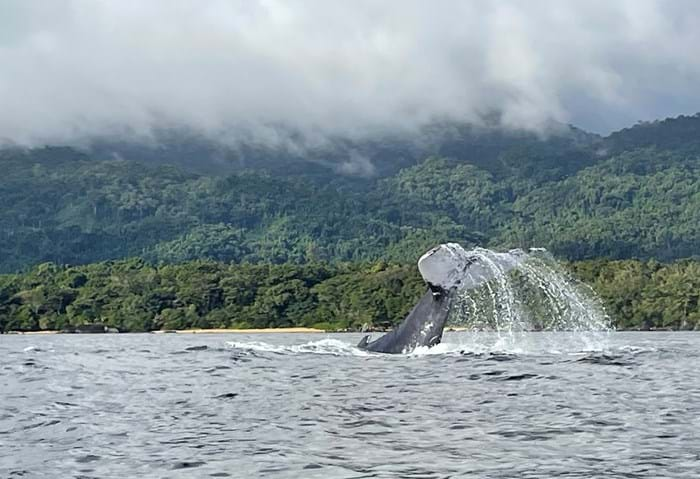- 000,000
hectares of primary rainforest are being protected
Where
Makira Natural Park, Anjiahely, MadagascarFocus area
BiodiversityDuration
2023 - 2027Economy
DKK 11,4 million
Prime partner: WCS - Wildlife Conservation Society
Objectives
- Empower community forest committees to reduce risk of deforestation through a small grants program and expansion of conservation enterprises
- Improve management of Makira and other protected areas in Madagascar by systematically gathering and using data on the landscape to improve management, and supporting the institutional strengthening of Madagascar National Parks
- Pursue a multi-pronged strategy for sustainable financing of Makira by taking advantage of a potential opportunity to re-start the sale of Makira carbon credits, promote Makira as a model for conservation in Madagascar, and communicate the critical need for continued investment






